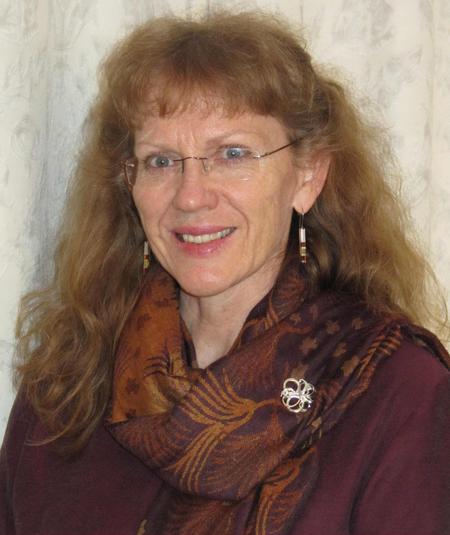Gastvortrag von Prof. Dr. Helen Gilbert (University of London, Royal Holloway)
"Deep Time, Slow Violence, Haunted Land"
14.12.2016
Gastvortrag von Prof. Dr. Helen Gilbert (University of London, Royal Holloway)
"Deep Time, Slow Violence, Haunted Land"
im Rahmen des TWM Forschungskolloquiums

Zeit: Mittwoch, 14.12.2016, 12 s.t. bis 14 Uhr
Ort: Institut für Theaterwissenschaft, Georgenstr. 11, Raum 109
Eine Veranstaltung des Centre for Global Theatre History
Helen Gilbert ist eine international renommierte Theaterwissenschaftlerin, die sich vor allem durch ihre Publikationen zum postkolonialen und zum indigenen Theater einen Namen gemacht hat. Ihre mit Joanne Tompkins verfasste Monographie "Postcolonial Drama: Theory, Practice, Politics" (1996) ist ein Standardwerk. Zu ihren weiteren Publikationen gehören "Performance and Cosmopolitics: Cross Cultural Transactions in Australasia" (mit Jacqueline Lo, 2007) und "Sightlines: Race, Gender and Nation in Contemporary Australian Theatre" (1998).
Seit April 2016 ist Prof. Dr. Helen Gilbert für ein Jahr Gast am Institut für Theaterwissenschaft.
Helen Gilbert ist Forschungspreisträgerin der Alexander von Humboldt-Stiftung und Rezipientin des Carl-Friedrich-von-Siemens-Forschungspreises, der in diesem Jahr erstmalig verliehen wurde. An der LMU entwickelt sie ein Forschungsprojekt zum Thema "Indigenous Performance in the Age of Environmentalism" in Zusammenarbeit mit dem Rachel Carson Center und dem Centre for Global Theatre History.
Abstract:
This presentation aims to set up a dialogue between philosophical debates informing the concept of the anthropocene (loosely defined as the age of unprecedented human disturbance of the earth's ecosystems) and recent indigenous performances concerned with the effects of climate change, not just on indigenous lands and lifeways, but also in global terms. My case examples are Cut the Sky (2015), Marrugeku's poetic dance and spoken word critique of environmental degradation in northwestern Australia; Pacific Washup (2003), a durational performance by Maori and Pacific Islanders cast upon Sydney's shores as climate-change refugees; and Alison Aku-Matu Warden's Calling all Polar Bears, which offers an Inupiaq perspective on the fate of animals affected by the melting of polar icecaps.
These works are informed by indigenous epistemologies that offer synaesthetic understandings of temporality, spatiality and ecology. I am particularly interested in the ways in which they bring geological time scales into the social time of human history and how they use the embodied arts of performance to figure interspecies connections as well as relationships between humans and their environments. Concepts of 'deep time', and especially of 'deep listening' as developed by Marrugeku through kinesthetic choreographic practice, inform this presentation, along with Rob Nixon's work on the 'slow violence' of incremental destruction dispersed across time and space.
Downloads
- Einladung zum Vortrag von Helen Gilbert (140 KByte)

